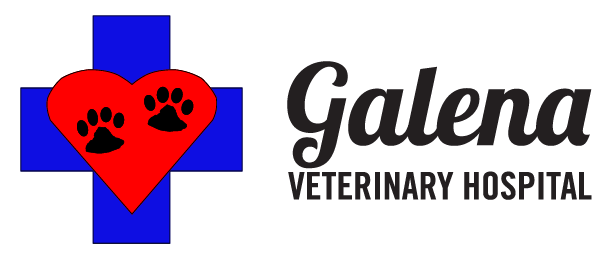Educational Articles
-
Nose Bleeds (Epistaxis) in cats can be extremely unsettling for the pet owner. Most acute (sudden) nosebleeds are caused by simple trauma or by upper respiratory tract infections. This handout discusses nosebleeds in cats, the various causes of this condition, first aid recommendations and possible testing to find the root cause of the problem.
-
Nose Bleeds (Epistaxis) in dogs can be extremely unsettling for the pet owner. Most acute (sudden) nosebleeds are caused by simple trauma or by upper respiratory tract infections. This handout discusses nosebleeds in dogs, the various causes of this condition, first aid recommendations and possible testing to find the root cause of the problem.
-
A nutraceutical is a food or food product that reportedly provides health and/or medical benefits. In addition to diet modifications, exercise, weight loss, and medications, joint support nutraceuticals are also helpful in an osteoarthritis management program. Nutraceuticals are not subjected to the same testing and regulation as pharmaceuticals. Your veterinarian can advise you on products that have been evaluated and have yielded positive effects.
-
A nutraceutical is a food or food product that reportedly provides health and medical benefits. Specific nutraceuticals are commonly used in the management of osteoarthritis in dogs. Because nutraceuticals are not subjected to the same testing and regulation as pharmaceuticals, it is always best to consult your veterinarian before giving any to your dog.
-
Dogs are omnivores meaning that, under normal circumstances, dogs can meet their nutritional needs by eating a combination of plant and animal foods. Selecting a dog food can be a challenging task. Feeding your dog a proper diet for their life stage is one of the most important aspects to help keep them at optimal health. Your veterinary health care team can help you make good-quality diet choices and determine the correct number of calories your dog needs in a day.
-
Chronic kidney disease is frequently diagnosed in aging cats. Nutrition plays an important role in managing CKD in cats. Commercial diets for cats with CKD are developed support kidney function while maintaining body condition. A kidney support diet contains less protein, sodium, and phosphorus and increased omega-3 fatty acids. Your veterinarian will help you choose an appropriate formulation for your cat which will slow the progression of this disease, contributing to both life expectancy and quality of life.
-
Chronic kidney disease is frequently diagnosed in aging dogs. Nutrition plays an important role in managing CKD in dogs. Commercial diets for dogs with CKD are developed to support kidney function while maintaining body condition. A kidney support diet contains less protein, sodium, and phosphorus, and increased omega-3 fatty acids. Your veterinarian will help you choose an appropriate formulation for your dog which will slow the progression of this disease, contributing to both life expectancy and quality of life.
-
Dogs are living longer than ever meaning that they have a greater chance of developing diseases associated with advanced age. Cognitive dysfunction syndrome (CDS) is the name assigned to a set of symptoms associated with behavior changes in senior dogs. Diets rich in antioxidants such as vitamin E, vitamin C, selenium, L-carnitine, alpha-lipoic acid, flavonoids, and carotenoids have been shown to help slow the decline of brain function. Your veterinarian can help you choose a diet with a nutrient profile suitable for your dog.
-
Colitis is a fairly common problem in dogs manifesting as diarrhea. Dealing with colitis may boil down to working with your veterinarian to find a nutrient profile that allows your dog's gastrointestinal system to function as normally as possible. A nutrient profile which contains a high quality, high digestibility protein, low to moderate fat content, and high digestibility carbohydrates. Fiber may also play a role to benefit the colon of dogs with chronic colitis. Work with your veterinarian to assess your dog's clinical and nutritional history, create a nutritional plan, and then evaluate the success of the plan.
-
Diabetes mellitus is a disease in which the body can no longer appropriately manage the use of glucose for its energy requirements. It is a life changing condition that can be partly brought on by poor nutritional health. It is critical to work closely with your veterinarian to choose the most appropriate nutrient profile to achieve weight normalization. Insulin therapy in dogs with DM demands that dogs eat at or near the time of insulin injection. Once a dog is diagnosed with DM it is not realistic to expect that insulin injections can cease. The nutrient profile a diabetic dog eats plays a critical role in achieving glycemic control. There are several therapeutic foods that have been developed to facilitate this effect.
